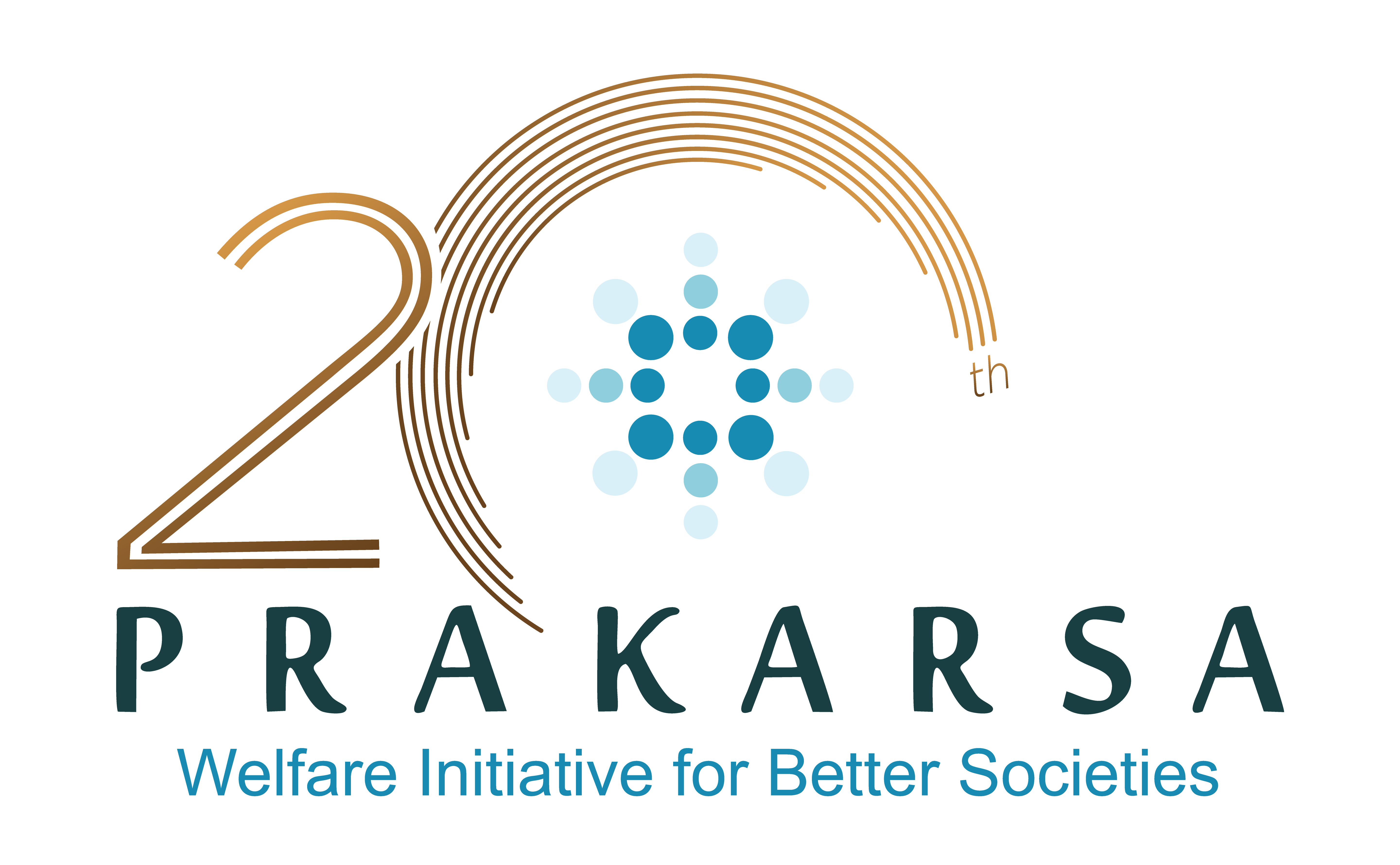Pahala, 74, has to rely on his son, an angkot (public minivan) driver, to buy instant noodles or eggs to eat during the COVID-19 outbreak.
He went to the nearest subdistrict office in Klender, Duren Sawit, East Jakarta, to find out whether he was listed as a beneficiary of staple food aid, but it turned out that he was not.
“I still have my son who gives me something. What about those whose children have been laid-off and receive nothing at all?” Pahala said.
Pahala is among many senior citizens in Indonesia who have been scrambling to make ends meet during the pandemic as a result of the country’s lack of social protection for the elderly, despite being the most vulnerable age group.
Health-wise, older people are prone to more serious complications from COVID-19 because of physiological changes associated with aging, weaker immune function and multimorbidity, according to the World Health Organization (WHO). The WHO has said that 95 percent of COVID-19 deaths in Europe are among people over 60, while the United States’ Centers for Disease Control and Prevention (CDC) has estimated that eight out of 10 deaths reported in the US have been adults aged 65 and above.
Indonesia, meanwhile, has yet to disclose its demographic data for COVID-19 cases.
Yet over half of 1,400 elderly people in seven regencies and cities in Indonesia said they did not get the National Health Insurance Services (JKN) card and never accessed health services either from primary or secondary health facilities, according to a survey by Jakarta-based social welfare think tank Perkumpulan Prakarsa.
“When health safety nets are unavailable, people will have a greater chance of falling into poverty as they spend more out-of-pocket expenses when they are ill,” Perkumpulan Prakarsa senior researcher Herni Ramdlaningrum Emud said on Monday.
The organization also estimated that nearly 518,000 households with elderly members would lose their Family Hope Program (PKH) assistance after the government increased the age limit for elderly beneficiaries from 60 to 70 in December 2019. It based the estimation on the 2018 National, Social and Economic Survey (Susenas) by Statistics Indonesia (BPS).
But with many seniors living in dire financial conditions alone or with their family, the government should cancel the new age rule and expand the scope of PKH instead, she said. The government should also provide cash and non-cash assistance to help seniors cope with COVID-19.
National Team for Accelerated Poverty Reduction (TNP2K) social protection policy specialist Dyah Larasati advised the government to form a more universal social protection system that is directly aimed at the elderly, suggesting an elderly grant scheme of around Rp 200,000 (US$12.83) to Rp 300,000 per month for everyone above 70 years old.
Over 80 percent of older people in Indonesia had no income security, with only around 12 percent of around 24 million senior citizens covered through pension fund programs, Dyah said.
People aged 65 and above also endure the highest extreme poverty rate among other age groups. A 2017 Susenas showed that around 80 percent of the age group lived in households with a per capita consumption below Rp 50,000 daily, as the extreme poverty number is greater for people aged 80 and above.
“Senior citizens are already vulnerable without COVID-19, and COVID-19 adds to the risk,” Dyah said.
A Flourish data visualisation
Social Affairs Ministry social security and protection director general Pepen Nazaruddin said last week that the ministry had no plans to add social security or programs for the elderly.
Still, he insisted that the ministry had helped senior citizens with PKH as it planned to increase its quota to 10 million people from 9.2 million beneficiaries as a result of the pandemic. In addition, the funds will now be distributed monthly instead of every three months, he added.
While it is not directly aimed at seniors, the non-cash food assistance program (BNPT) is set to have its quota expanded to about 20 million from 15.2 million beneficiaries. The government has also set aside Rp 110 trillion for social safety net programs to soften the economic blow of COVID-19 on low-income Indonesian households.
But the government is not alone in striving to protect senior citizens. Privately owned nursing home Panti Werdha Wisma Mulia deputy head Anita Rumagit Sinyal said her team had given vitamins to its elderly residents and encouraged them to sunbathe to maintain well-being. Masks are available for free but limited.
She has also banned all visits to the nursing home in Grogol, West Jakarta to prevent COVID-19 spread. “It feels wrong but if visitors come and they carry the virus, it will be troublesome considering we have 100 people, including caretakers, inside our nursing home,” she said.
Source: TheJakartaPost

